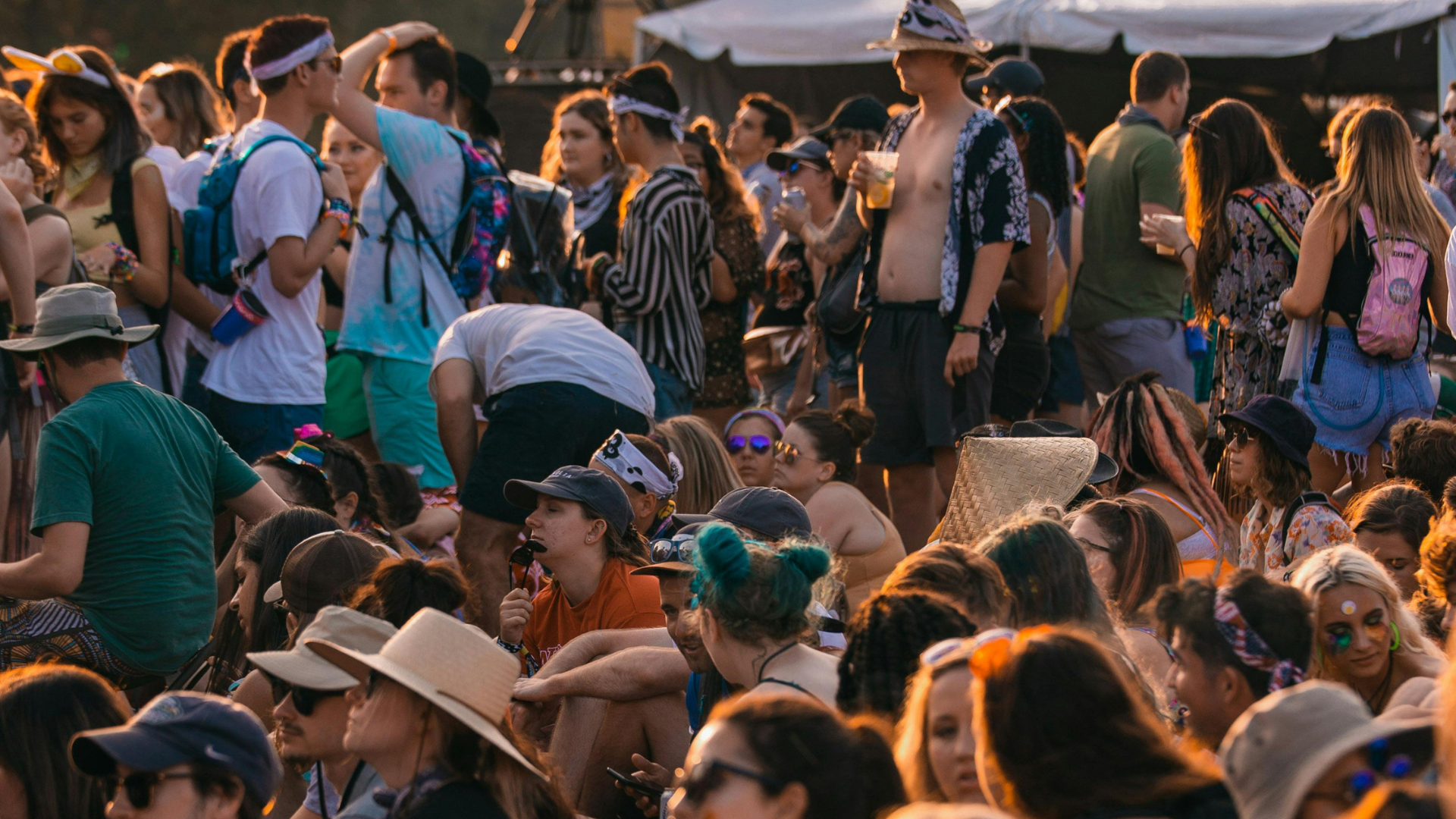On March 11th, the World Health Organization officially declared Covid-19 a pandemic. Since then, governments all over the world have shut down public spaces and ordered people to stay in their homes.
Obviously, our priority should be to limit the spread of the virus and monitor our physical health. However, many of us are also understandably worried about the psychological impact of self-isolation. With that in mind, I’ve put together a few reminders and tips that personally help me deal with cabin fever.
Don’t panic
As someone with an anxiety disorder, I’m used to having a little voice in my head that’s constantly telling me to freak out. Right now, it’s saying, “what do you mean, don’t panic? We’re in the middle of a pandemic. People are dying. If now’s not the time to panic, then when??”
I’ll admit that my anxiety makes some good points. These are scary times we live in, and there are plenty of reasons to worry. However, there are also plenty of reasons to be hopeful: governments have taken measures to limit the spread of the virus. Researchers are looking into a potential cure, and healthcare workers are working tirelessly to help patients.
Healthcare workers are sparing no effort in the fight against COVID-19.
A good rule of thumb is to remember that it’s never the right time to panic. We often judge whether or not a reaction is appropriate by its trigger: by that logic, we’d be right to panic now because a pandemic is objectively a big deal. But we can also judge our reactions based on how helpful they’re likely to be. Think about it: of all the times you’ve panicked in your life, for something big or small, how often has it actually helped you?
Anxiety may feel productive, but it really isn’t. Now more than ever, we need to act rationally and focus on things that are actually helpful: panicking isn’t one of them.
Stick to your routine
By now, we’ve all realized that we’re living through an extraordinary event. The vast majority of us never expected to experience anything like this. You’ve probably heard plenty of friends say that they feel like they’re in a sci-fi movie, or in worse cases, a post-apocalyptic flick.
In these circumstances, it might seem surreal to keep living our life as we usually do. But maintaining a sense of normalcy is crucial for our mental health. When our life gets disrupted by unforeseen circumstances, we tend to feel like we’ve lost all sense of control. It’s important to remember that we do have control over some things, even if they seem completely insignificant – like what time we get up in the morning, what we eat, or how we decide to spend our free time.
So follow the government’s guidelines to stay safe: wash your hands frequently, monitor your symptoms if you’re sick, and practice social distancing. But beyond that, try to stick to your normal routine: keep working, volunteering, and exercising as much as possible. It will give you a much-needed sense of stability.
Discover and rediscover hobbies
On the other hand, self-isolation also gives us a golden opportunity to try things we’d never done before. Many of our old pastimes are no longer an option. We can’t go to the gym, eat out with friends, or go to concerts.
While the situation is frustrating, it also has a silver lining: we now have all the time in the world to binge watch shows on Netflix or play video games for hours. If you’ve been wanting to try a new hobby, but never had the time, now’s your chance! Personally, I’m excited to finally try my hand at baking.
Self-isolating also means spending more time alone with our thoughts. While this may sound like a terrifying idea, it could actually be beneficial. We can take this chance to try out new coping mechanisms, like meditating or journaling.
This is the perfect time to learn how to cultivate a healthier relationship with ourselves. After all, we don’t have much of a choice: as of now, we’re all kind of stuck in a get-along shirt with our own minds.
Make plans
Let’s face it: despite all our efforts to discover new hobbies, we’ll still be tempted to spend a huge chunk of our time moping around and wishing we could go outside.
Now that we’re stuck indoors, it’s hard not to think about all the fun outdoor activities that we’re missing out on. It doesn’t help that temperatures have recently started getting warmer: my heart drops in my stomach when I think of having to miss spring.
One thing that I’ve found helpful is to make a list of all the things I want to do once the quarantine is over. Creating a schedule makes me feel productive, and more importantly, it reminds me that this situation won’t last forever. We can’t tell how long it’ll take for everything to go back to “normal;” but sooner or later, things will start looking up. And when they do, I want to make sure that I don’t take my newly recovered freedom for granted.
This is a stressful time for all of us, but hopefully these tips can help you manage your anxiety. It may be too early now to think about the aftermath, but it’s important to remember that we will pull through this and come out the other side. Meanwhile, let’s do everything we can to stay safe, and make the best of a bad situation.
Need to get something off your chest?
Book a free phone or Skype vent session today.




